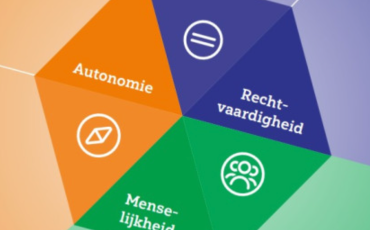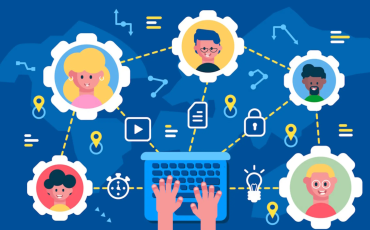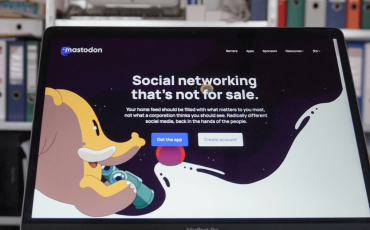Wladimir Mufty
Binnen SURF zet ik me in voor digitale soevereiniteit, om instellingen in… Meer over Wladimir Mufty
At SURF, we believe that the digital environment supporting education and research should reflect the core values of these domains. As digitalization becomes ever more intertwined with the fundamental processes of education, it’s essential that values such as humanity, autonomy, and justice are upheld, not just in the physical world, but also in our digital systems, applications, with our data, AI and collaboration tools.
One of today’s greatest challenges is the lack of true freedom of choice. Society, including the education and research sectors, is increasingly reliant on a handful of tech companies with overwhelming market power. This dominance goes beyond market share and choice; it influences political power, geopolitics, and leads to well-known issues such as vendor lock-in, platform dependency, and ecosystems built to increase reliance on single providers.
At SURF, we have decades of experience offering an alternative: open source. Not as a goal in itself, not out of activism, rebellion, or stubbornness, but as a strategic necessity. Open source empowers us to embed and protect values like transparency, privacy, interoperability, reusability, autonomy, sustainability and inclusivity. Is every open source solution perfect or user friendly? Certainly not. Just like with proprietary software, each tool must be assessed for functionality, implementation costs and the harder-to-grasp aspect: does it strengthen our values. But think of Firefox, Linux, Android, or our own SURFfilesender, open source, community-driven, and just as secure (or insecure) as their closed-source counterparts.
We are now taking the next step: rolling out Nextcloud within the internal SURF organization additional to our (heavy interwoven) corparte software tools. This open source collaboration platform allows users to share files, communicate, and manage calendars, emails, and forms. It gives us the opportunity to collaborate online sustainably across office walls and campuses, and it gives groups and projects the ability and freedom to use those IT resources that are a good fit and where risks and dependencies surrounding autonomy are reduced or eliminated. It’s a clear signal: when we say we are "too dependent" on Big Tech, we’re not just talking about the problem, we’re actively looking for solutions.
Sovereignty in the context of digitalization is about having control and influence, true freedom of choice, the ability to take the lead, to steer developments, and to harness your own capacity for innovation. Open source is an excellent means to achieve this and fits seamlessly into the tradition of open science, open access, open educational resources, open educational APIs, and open standards.
Openness requires collaboration, collectivity, courage, and a long-term vision. Let’s work together to build a future where we are not merely led by the interests of tech suppliers and their technologies, but guided by the values of education and research, especially in the digital age.
Binnen SURF zet ik me in voor digitale soevereiniteit, om instellingen in… Meer over Wladimir Mufty



0 Praat mee